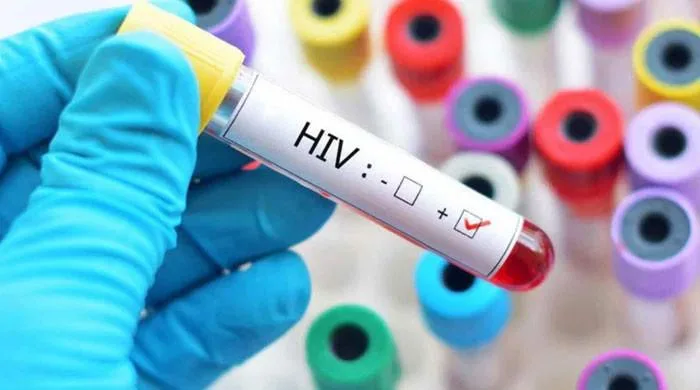Concerns Arise Over Accuracy of HIV Surveillance Data in Pakistan
A significant dispute has emerged regarding the reliability of Pakistan’s latest Integrated Biological and Behavioral Surveillance (IBBS) round focused on HIV. Global health experts are questioning the validity and accuracy of the data collected during the 6th round, raising concerns about its potential impact on HIV prevention and treatment strategies within the country.
Key Issues Highlighted
- Data Integrity: Questions are being raised about the methods used to collect and analyze data, specifically whether they adhere to international standards.
- Sample Representation: Concerns exist that the sample population used in the survey may not accurately reflect the demographics of those most vulnerable to HIV in Pakistan.
- Reporting Transparency: Some experts are calling for greater transparency in how the data was processed and interpreted, as well as more information on quality control measures.
Potential Impact on HIV Programs
The accuracy of HIV surveillance data is crucial for effectively allocating resources and implementing targeted prevention programs. If the data is flawed, it could lead to:
- Misdirected resources, with funding not reaching the populations most in need.
- Ineffective prevention strategies based on inaccurate understandings of HIV transmission patterns.
- Hindered progress towards national and global HIV/AIDS targets.
Call for Review and Action
Public health officials and international organizations are urging a comprehensive review of the 6th round of IBBS data. Recommendations include:
- Independent audit of the data collection and analysis processes.
- Re-evaluation of the sampling methodology to ensure representativeness.
- Increased collaboration between local and international experts to improve data quality.
Moving Forward
Addressing the concerns surrounding the HIV surveillance data is essential for ensuring that Pakistan’s efforts to combat the HIV epidemic are based on solid evidence. Transparency, collaboration, and adherence to international standards are key to building trust in the data and guiding effective public health interventions.




+ There are no comments
Add yours